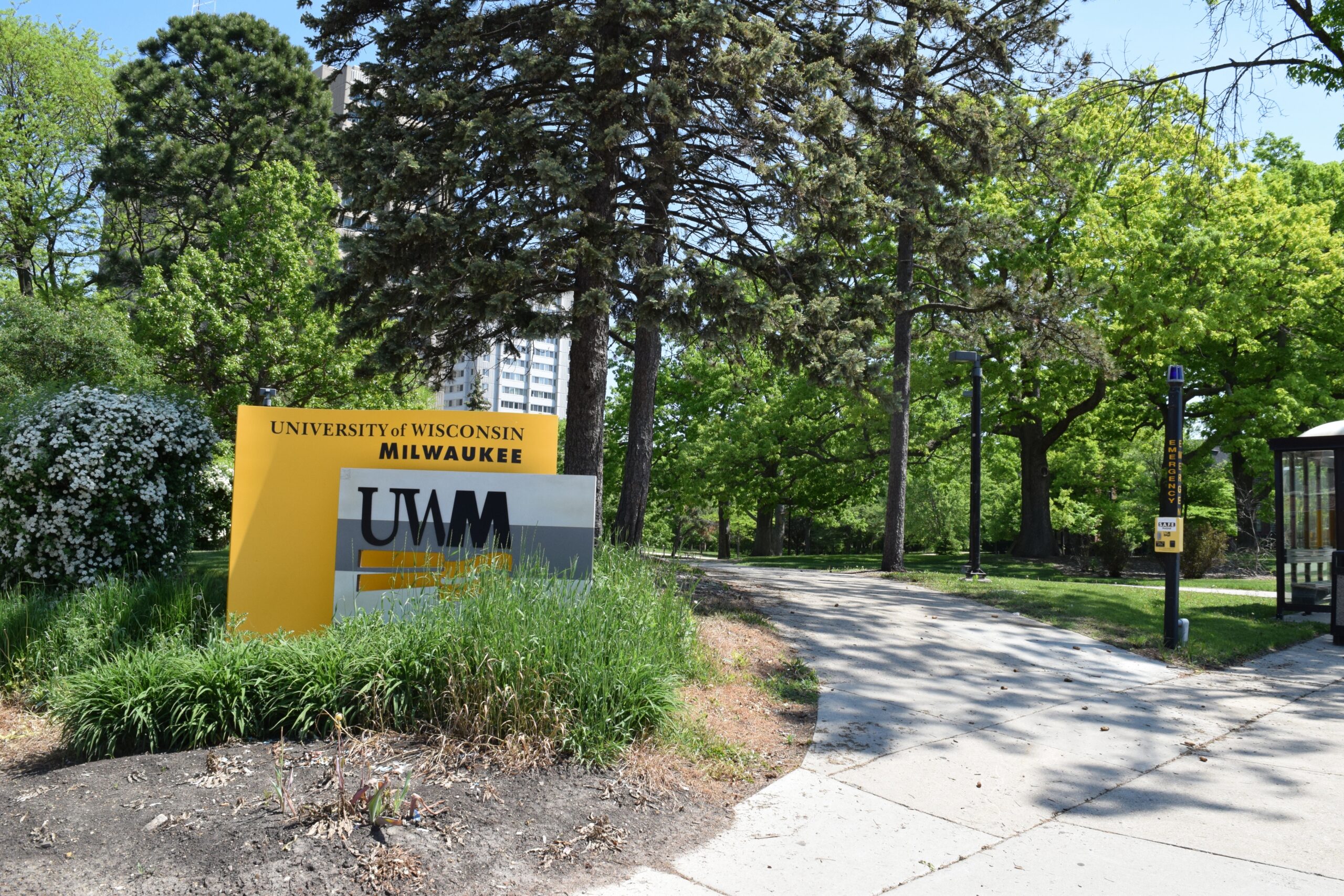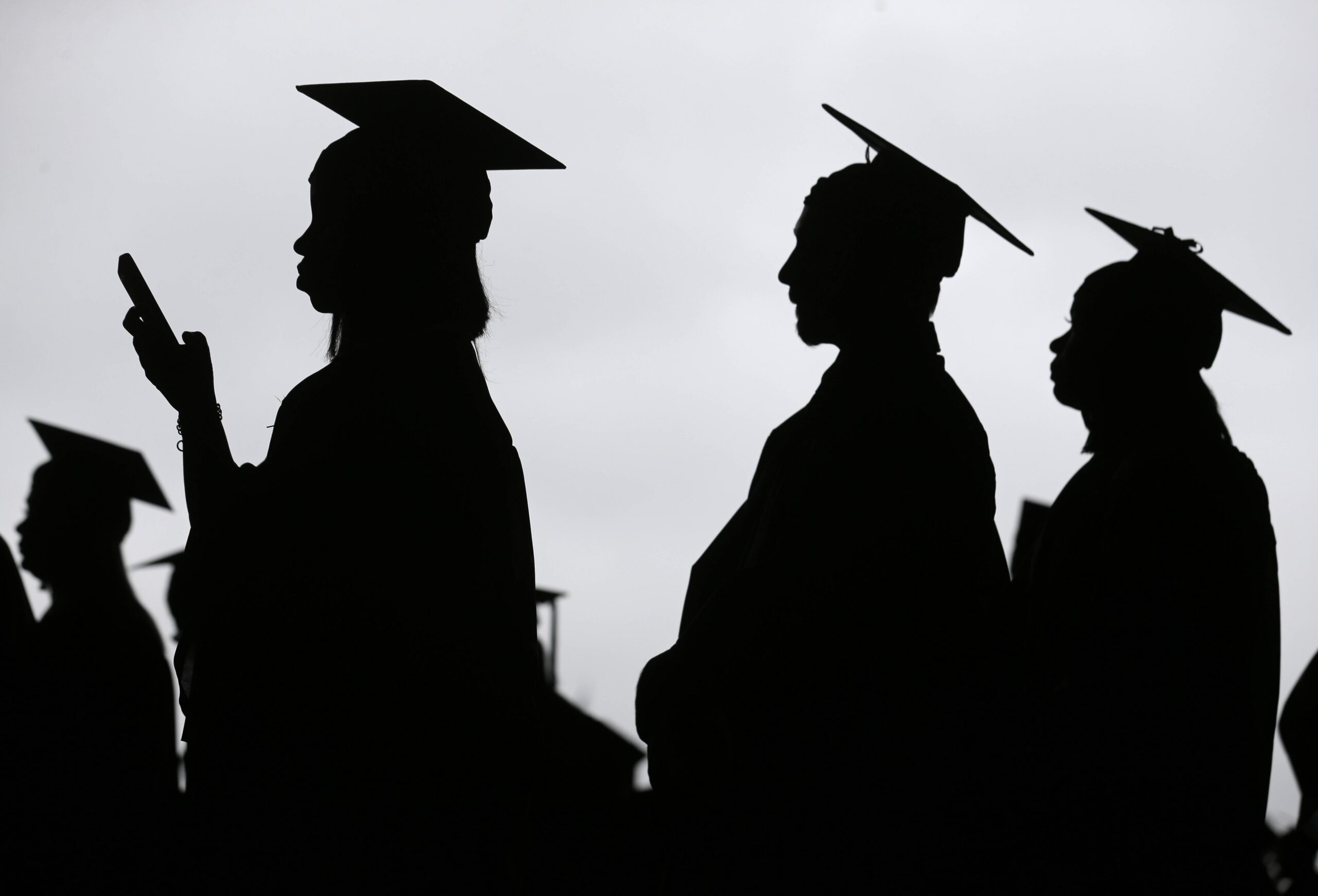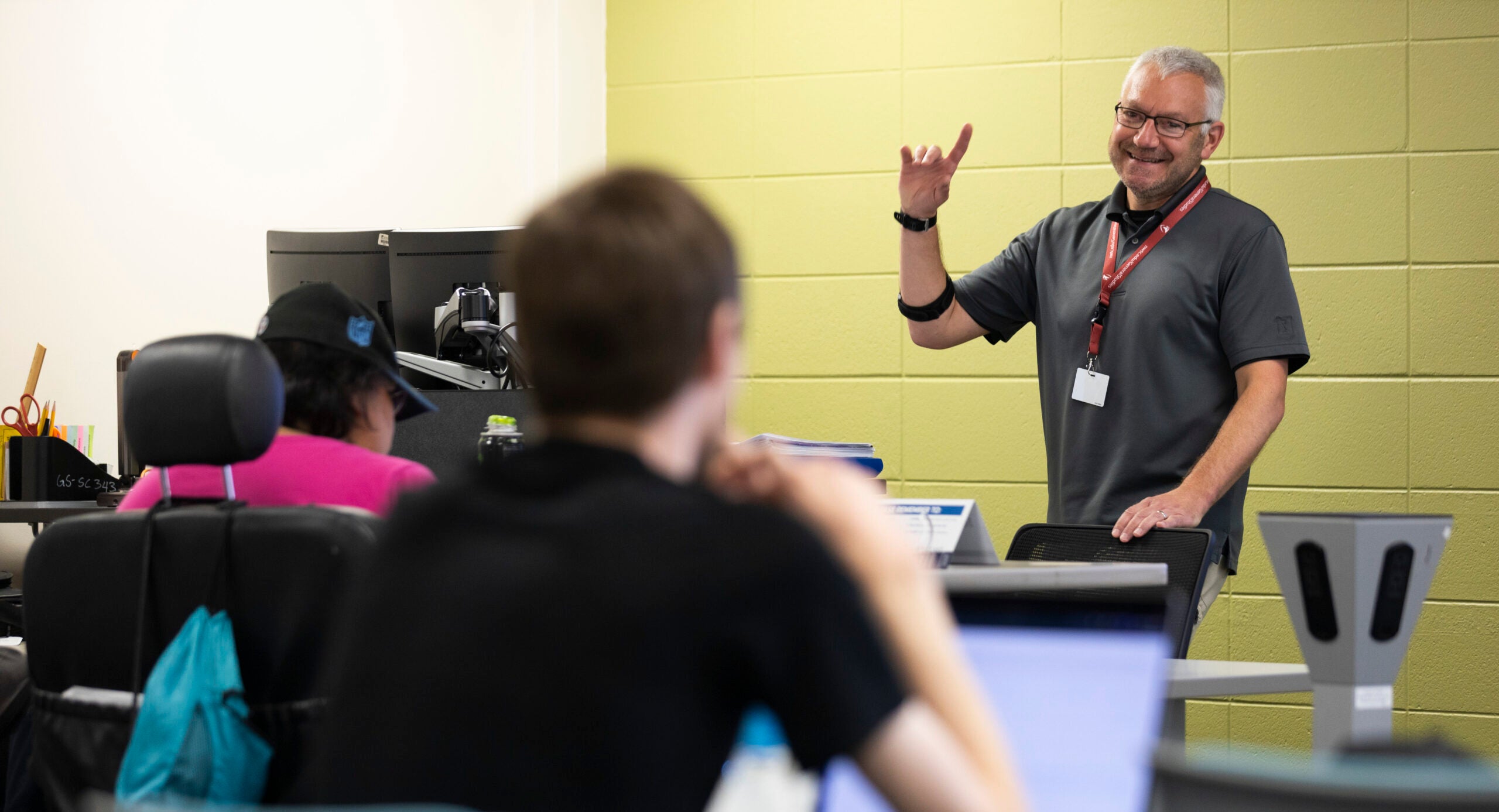As the fall semester approaches, more Wisconsin universities and colleges are looking at ways to reduce debt that could keep students from continuing their education.
Officials at the University of Wisconsin-Milwaukee announced Friday they had forgiven more than $5 million in outstanding balances owed by students from the 2020-21 school year.
A press release said the program will help more than 2,000 students. The affected students owe an average of $2,700 and in most cases, the balance owed is for tuition or housing.
News with a little more humanity
WPR’s “Wisconsin Today” newsletter keeps you connected to the state you love without feeling overwhelmed. No paywall. No agenda. No corporate filter.
Kay Eilers, associate vice chancellor for enrollment management, said the university decided to pursue the debt relief program after seeing current students were slower to enroll in classes for the fall semester.
“We were hearing from a number of students that financial challenges on a whole wide spectrum of topics were particularly challenging and perhaps preventing folks from continuing,” Eilers said. “The balances weren’t necessarily that much higher than we’ve seen in the past. But we know folks are struggling more to get that balance to a place where they feel comfortable and ready to continue their education.”
Eilers said the debt forgiveness will happen automatically and students don’t need to apply or be currently enrolled, with about 100 students who graduated qualifying for the debt forgiveness.
UW-Milwaukee is believed to be the first UW System school to pursue the debt relief program. A UW System spokesperson did not say whether other universities in the system had provided similar debt forgiveness. He said each university has used federal funding to provide relief to students in a variety of ways.
But some technical colleges around the state have already provided similar debt forgiveness programs.
Milwaukee Area Technical College and Madison Area Technical College announced they would forgive student balances at the end of July, with aid totaling $5.75 million and $4 million respectively. Western Technical College in La Crosse announced earlier in August that they would forgive around $740,000 in unpaid balances.
Funding for these programs comes from federal dollars allocated to the schools through the U.S. Department of Education’s Higher Education Emergency Relief Fund.
Keyimani Alford, dean of student access and success at Madison College, said the federal COVID-19 relief program provided specific funding for student aid. But a growing number of institutions across the country, particularly historically Black colleges and universities, started directing institutional funds to unpaid student balances is what Alford calls “a win-win situation.”
“Institutions have also lost revenue based off of students not being able to pay their tuition, or it has been prolonged by months because institutions have extended their due dates to provide flexibility to students and try not to penalize the already impacted students,” Alford said. “They can use this money in order to help go against lost revenue but then also being able to help support those students.”
Alford said around 1,300 people, or 26 percent, of the more than 5,200 Madison College students who had their debt forgiven were not enrolled in classes for the upcoming semester. But in the last three weeks, 228 of those students, or about 17 percent, have signed up for classes.
Alford said having an outstanding balance can also have more serious consequences than just keeping a student from re-enrolling.
“They can be sent to collections. It could mean they can’t transfer to another institution because they can’t get access to transcripts. It could mean … garnishment of their wages depending on how far along the path they get,” Alford said.
Both Madison College and UW-Milwaukee are also offering pandemic-related emergency grants to help students cover educational expenses for the upcoming school year.
Wisconsin Public Radio, © Copyright 2026, Board of Regents of the University of Wisconsin System and Wisconsin Educational Communications Board.





